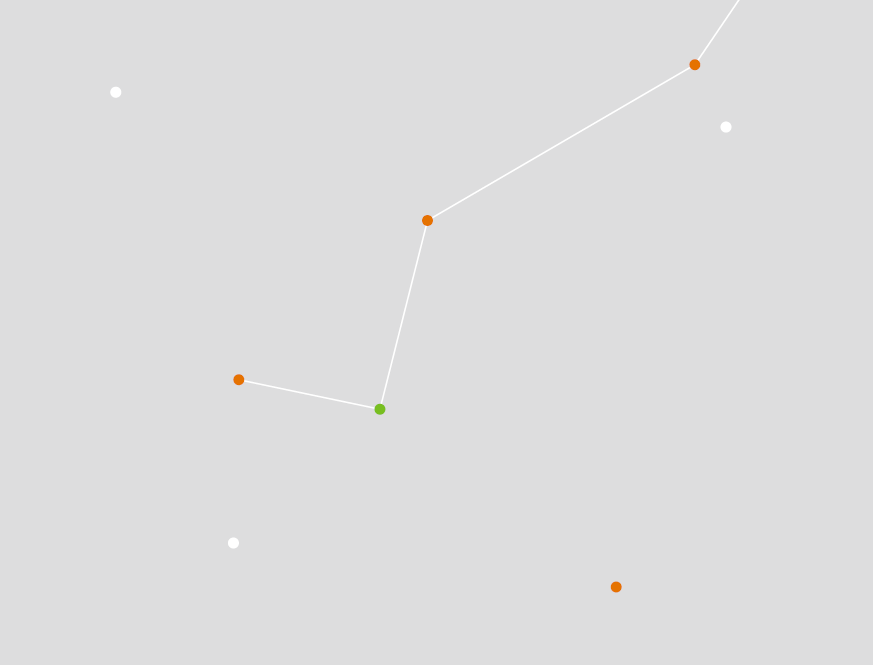Family Violence Primary Prevention: Building a Knowledge Base and Identifying Gaps for all Manifestations of Family Violence Report

Dr Emma Fulu, along with colleagues Rachel Jewkes, Tim Roselli, and Claudia Garcia-Moreno, co-authored the study Prevalence of and factors associated with male perpetration of intimate partner violence: findings from the UN Multi-country Cross-sectional Study on Men and Violence in Asia and the Pacific. This research presents the prevalence and correlates of male perpetration of intimate partner violence (IPV) across nine sites in Bangladesh, China, Cambodia, Indonesia, Sri Lanka, and Papua New Guinea, based on population-based household surveys of men aged 18–49. The study examined physical, sexual, emotional, and economic IPV, alongside factors including gender attitudes, relationship practices, childhood trauma, mental health, substance misuse, education, poverty, and involvement in violent activities.
Findings show that IPV perpetration is highly prevalent across the region, with physical or sexual IPV reported by between 25% of men in rural Indonesia and 80% in Bougainville, Papua New Guinea. When emotional and economic abuse were included, rates ranged from 39% to 87%. The analysis highlights that gendered power dynamics and relationship practices are the strongest predictors of IPV perpetration, followed by experiences of childhood trauma, alcohol misuse, depression, low education, poverty, and involvement in gangs or weapon-related fights. The study emphasises that prevention efforts must address gender socialisation, childhood abuse, mental health, and poverty, and be tailored to the context-specific patterns of violence in each setting.
This research is crucial for informing evidence-based IPV prevention strategies across the Asia-Pacific region, demonstrating the need for multi-level, culturally responsive interventions that consider both the social and structural drivers of violence.
The land we live and work on always was, and always will be, Aboriginal land. We pay our respects to the Traditional Custodians of Country throughout Australia and acknowledge the ongoing leadership role of Aboriginal & Torres Strait Islander communities in preventing violence against women. We also acknowledge Traditional Custodians of the lands where EQI works around the world.
Read MoreYou have been logged out.
"*" indicates required fields